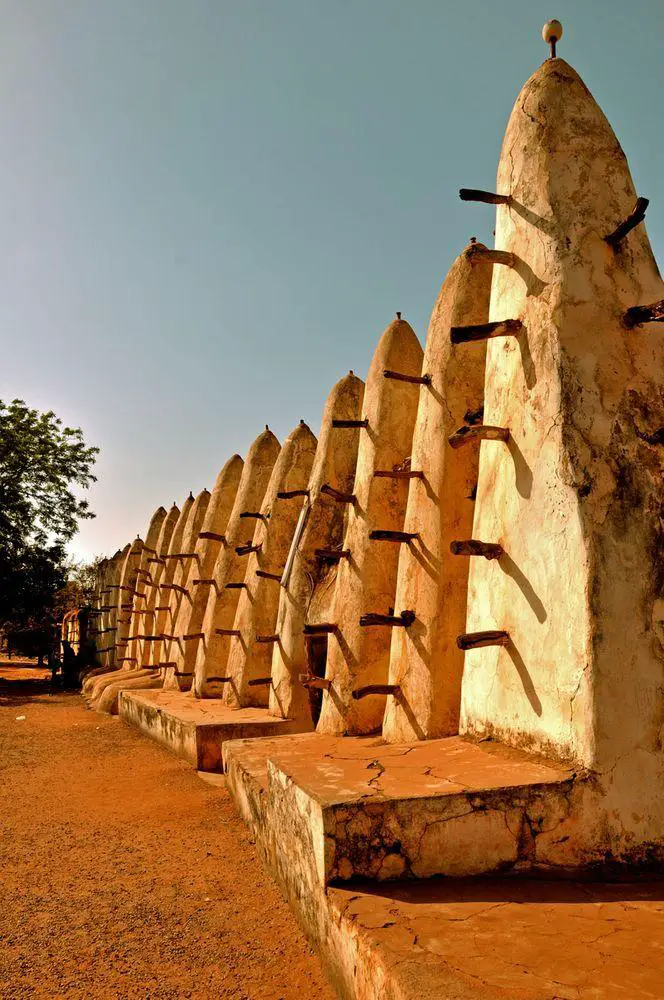World 🢖 Africa 🢖 Burkina Faso
Islamic shrines 🢔 Religious architecture 🢔 Architectural wonders 🢔 Categories of wonders
Wonder
Bobo Dioulasso Grand Mosque
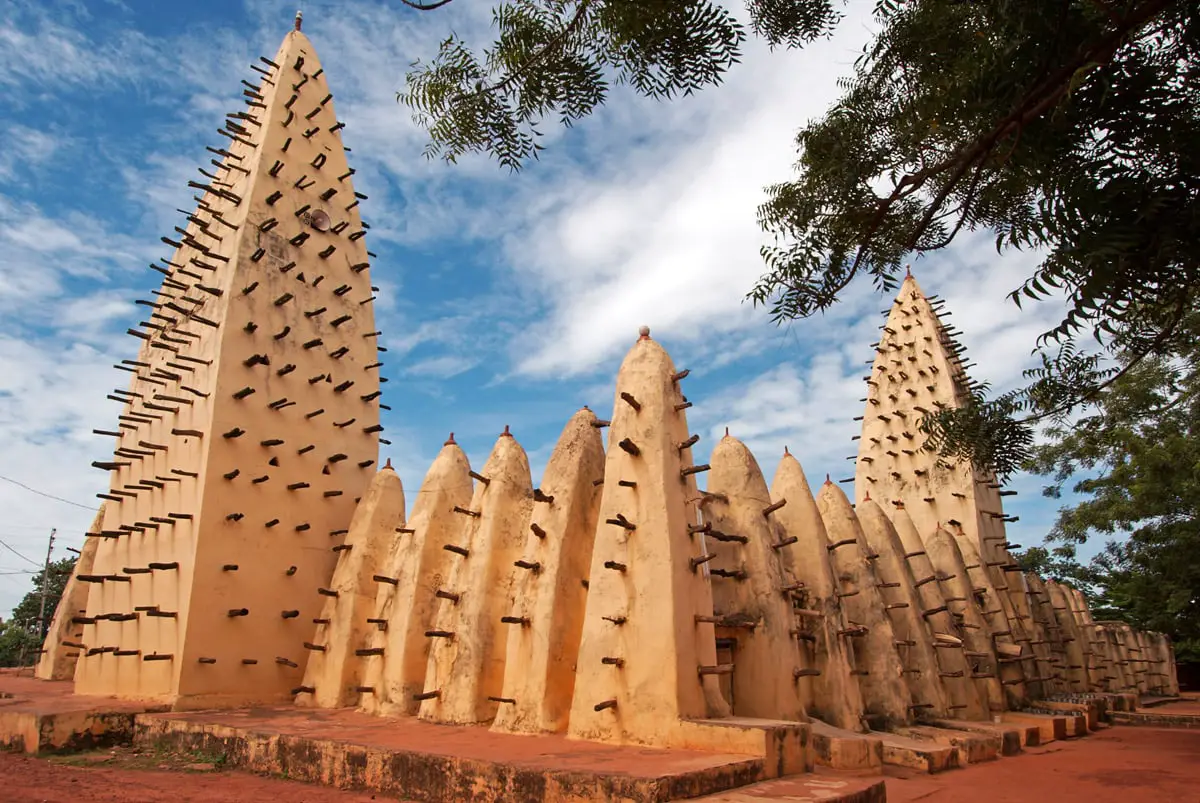
 In short
In short
The amazing Bobo Dioulasso Grand Mosque is impressive representative of the traditional Sudano-Sahelian architecture, most likely – the largest building in this style in Burkina Faso. It was built in the end of the 19th century as a result of political deal between local king and Islamic religious leader.
 44.1%
44.1%
GPS coordinates
Location, address
Architecture style
Age
Religion
Map of the site
If you see this after your page is loaded completely, leafletJS files are missing.
 In detail
In detail
The second city of Burkina Faso
History
The second largest city in Burkina Faso is Bobo-Dioulasso. In many respects it is more fascinating than the capital Ouagadougou, it has richer cultural life and architecture. A smaller settlement has existed here since the 11th century, the current city developed since the late 19th century.
Local, animistic religions are still active here but step by step, since the late 18th century Islam is coming to this part of the world.
The construction of Bobo Dioulasso Grand Mosque was a result of a deal in local politics.
At the end of the 19th-century local kingdom of Sya (old name of Bobo Dioulasso is Sya) was in grave danger: forces of the hostile king of Kenedougou (in present-day Mali) Tieba Traoré advanced on the capital of Sya. King of Sya was desperately looking for assistance and found it – Islamic religious leader Almamy Sidiki Sanou was ready to help, but only if the king of Sya would build a mosque in Bobo Dioulasso.
King of Kenedougou was stopped some 30 km from the capital and the kingdom of Sya was saved. Mosque was built soon after and, reportedly, defeated the king of Kenedougou was among the builders.
The exact date of construction is not known – some say that it was built in 1880, there are mentioned also such years as 1882, 1883, and 1893.
Mosque in Sudano-Sahelian style
In Bobo Dioulasso are located several monuments of Sudano-Sahelian architecture – the traditional architecture which is characteristic in this part of the world. These amazing buildings were created from locally available materials: mud and some wood.
Sudano-Sahelian architecture is characterized by rounded, soft forms and wooden "sticks" protruding from the walls. These sticks are needed to maintain the building: repairs are needed almost every year.
Just like the much better known Great Mosque of Djenné in Mali, Bobo Dioulasso Grand Mosque is adorned with numerous pilasters. There are two taller towers – minarets – as well.
Interior of the mosque is dark (there are electrical lights and fans though), and austere, although trunks of mahogany are used for the ceiling.
Men have a prayer hall at the front, women – in the backside.
Visitors may enter it and even climb on the rooftop at certain hours. The mosque is well maintained. Unfortunately, cement was used for repairs lately and the building looks worse than before.
 Linked articles
Linked articles
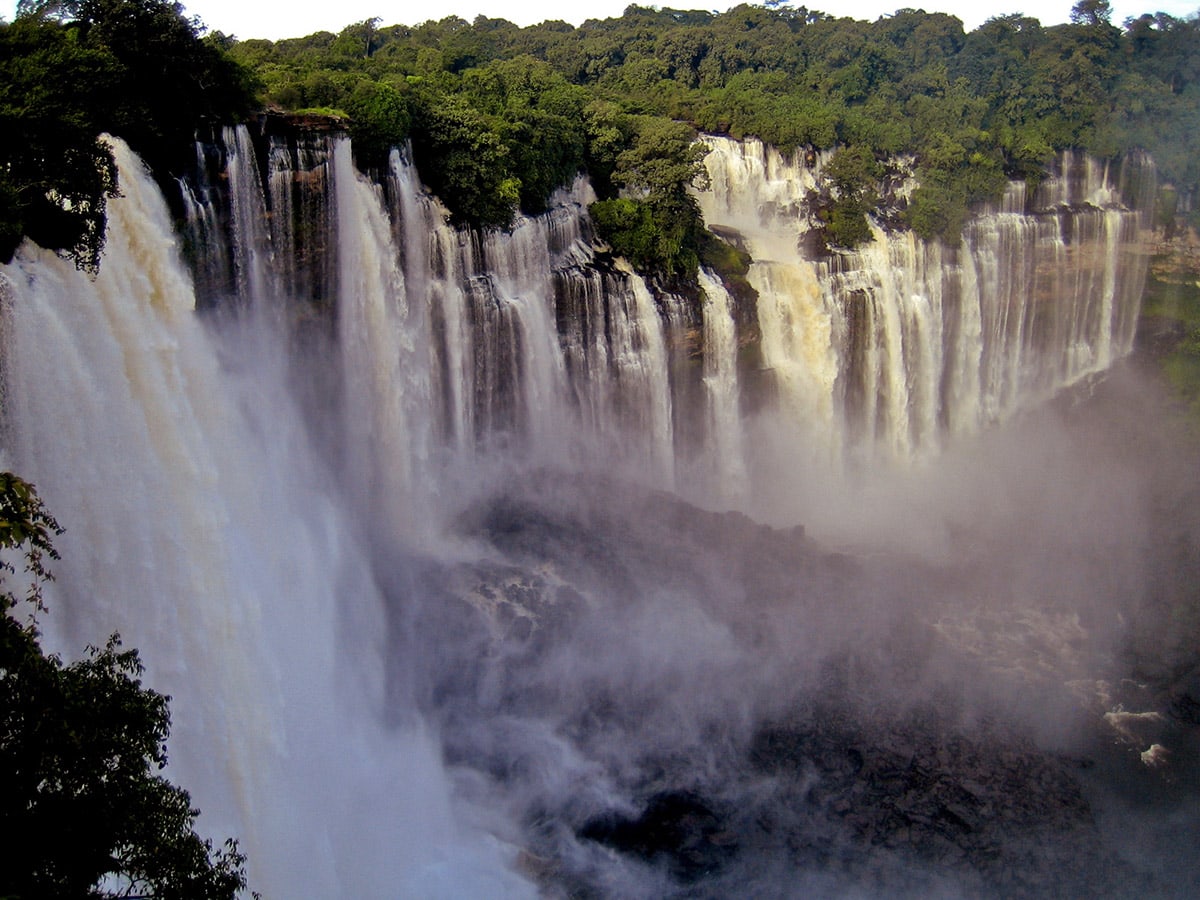
Wonders of Africa
Africa has many outstanding wonders and some of the most surprising ones are the heritage of Egyptian civilization, the vernacular architecture of the Sahel region, tropical ecosystems, and others.
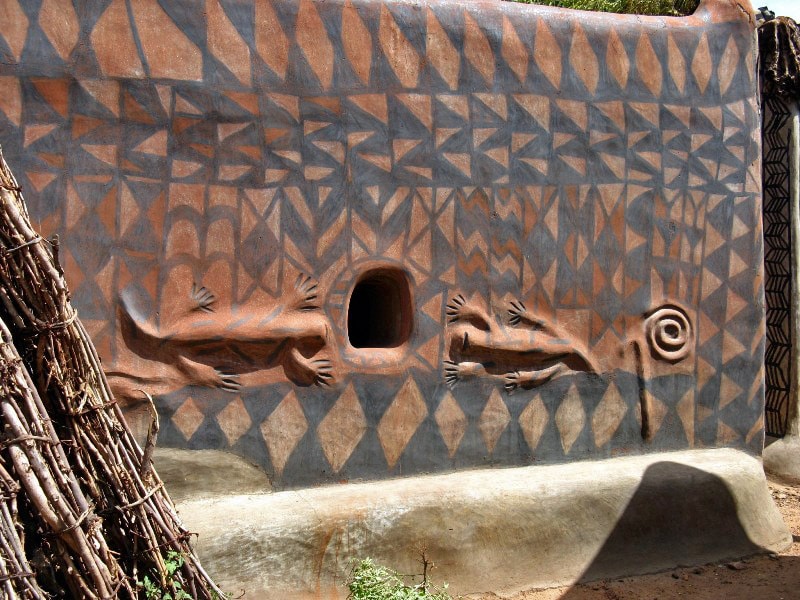
Wonders of Burkina Faso
This large country is comparatively little known but nevertheless – charming and with numerous interesting mysteries. The most interesting landmarks in Burkina Faso are archaeological monuments and traditional architecture.
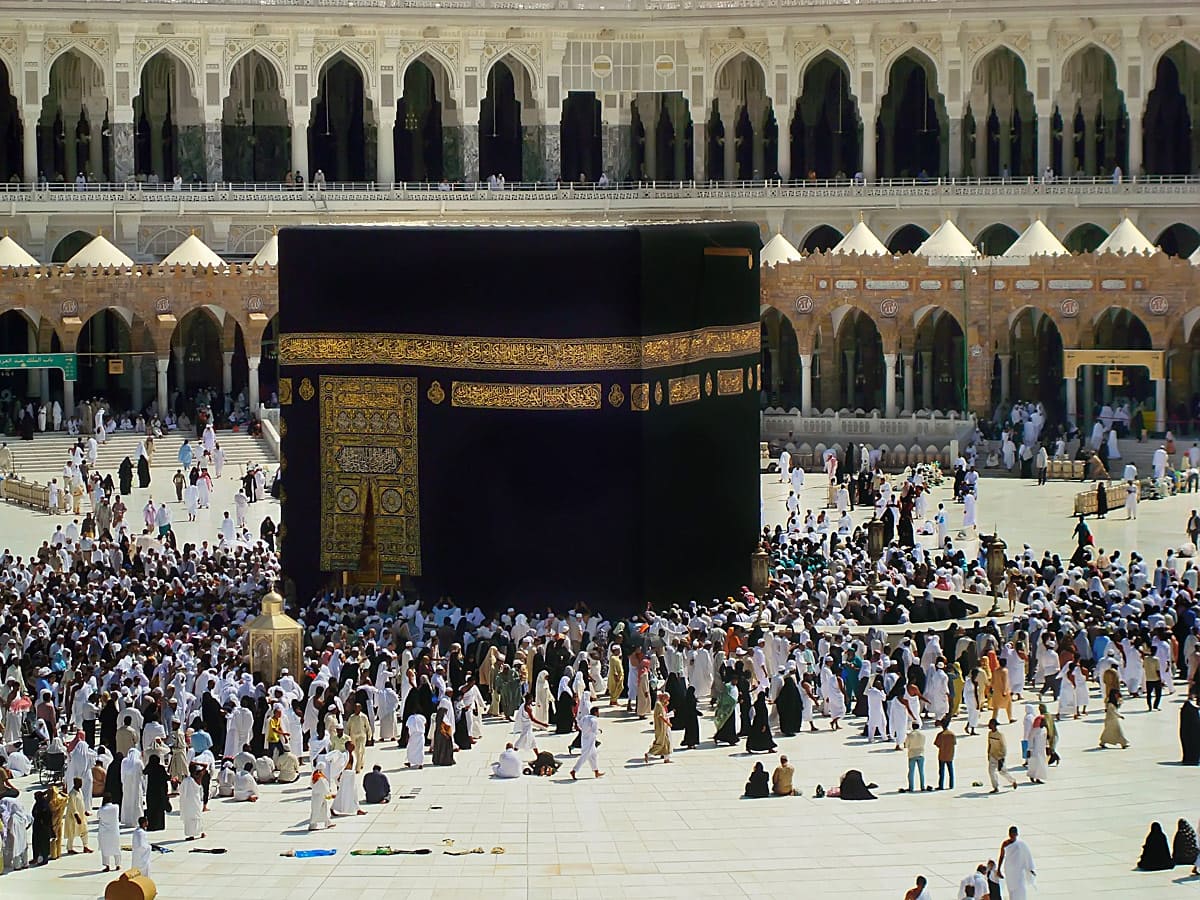
Islamic shrines
Place for worship in Islam is called a mosque. Mosques serve also for education, news exchange, and dispute settlement.
Initially, in the 7th century mosques were unpretentious, large halls for gatherings. Over time, as Islam was spreading, there developed diverse, locally adapted architectural forms of mosques.
 Recommended books
Recommended books
Butabu: Adobe Architecture of West Africa
Many think that sub-Saharan African architecture is little more than mud huts. Mud, yes–but certainly not huts. Instead, these adobe buildings, many of them enormous, show sublime sculptural beauty, variety, ingenuity, and originality. In the Sahal region of western Africa–Mali, Niger, Nigeria, Togo, Benin, Ghana, and Burkina Faso–people have been constructing earthen buildings for centuries.
Spectacular Vernacular: The Adobe Tradition
Spectacular Vernacular: The Adobe Tradition celebrates the beauty, variety, and efficiency of traditional adobe architecture in West Africa, Southwest Asia, and the American Southwest. In the severe desert climates of these areas, centuries of working with mud in the construction of homes, mosques, and whole villages have given rise to a remarkable range of styles and forms as visually stunning as any fabled city of myth and imagination – or any postmodern metropolis.

